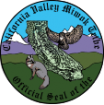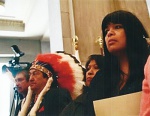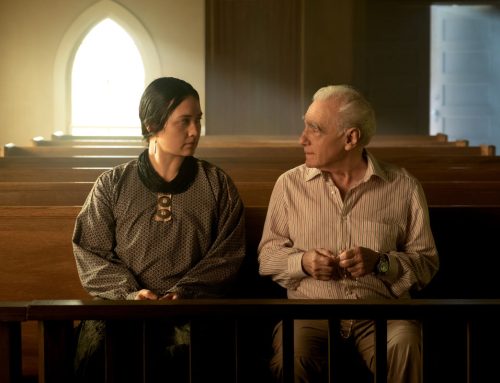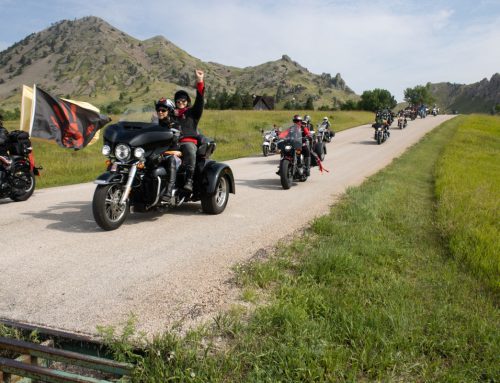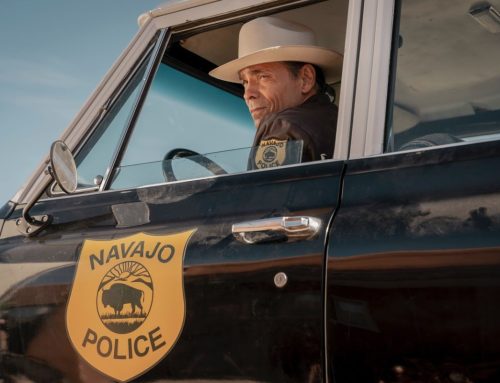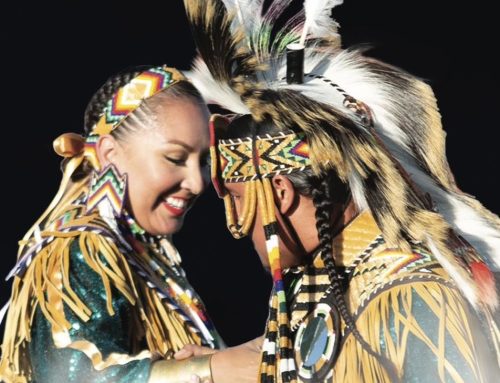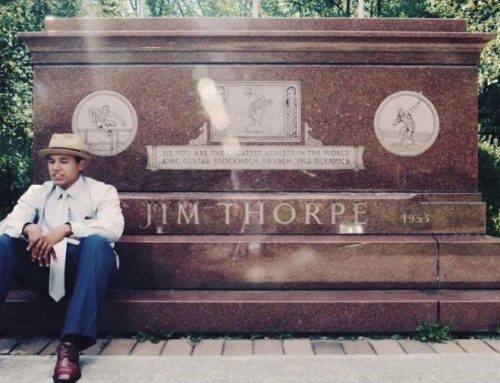The following story is strictly the personal recounting of Chairperson Silvia Burley, in her own words.
“I grew up hearing my grandparents, aunts, uncles, mother, cousins, relatives and friends from the other Miwok tribes speaking Miwok. At a young age, it was confusing for me to go to public school and hear the English language being substituted for the language I was taught at home. At recess, my cousins and I would tease each other and say things in the Miwok language and the teacher would tell us that we were not allowed to speak anything other than English at school. I tell these things because so many people say, “Why is it that so many Indian People can’t speak their own language?” While attending grammar school, the majority of Indian students were told not to speak their native languages. We were made fun of if we took la’ Ki-u (fried bread) or other native made foods for lunch. As a Miwok in school, we also had to endure books that painted the Native people as savage redskins that would scalp innocent people coming out to live in the West. Nothing in school was ever taught about the massacres that wiped out many Miwok people when the Gold Rush era came to California. The last thing that we’d hear on the long bus ride home was the woo-woo-woo of the other kids clapping their hands across their mouths, making what was supposed to be Native war calls. The kids always laughed saying Injuns couldn’t sneak up on anyone because they had their own theme music, as you would hear in the old black and white cowboy and Indian movies it was either the do-do-dododut-do, or doong-doong-doong-doong, doong-doong-doong-doong or whatever made the Indians look silly.
I, as the Chairperson, bring these personal experiences to the forefront to educate the general public and to answer some of the questions that the California Valley Miwok Tribe receives from non-Indian people whom are trying to understand our Miwok culture. When my mother was a young child, she was punished by the teacher for talking Miwok. The teacher would make my mother put her hands out in front of her, than she would hit her hands with a long ruler, then the teacher would take my mother to the front of the class and she would yank her braided hair upward until she began crying, in which all the other kids would start laughing. Needless to say, my mother never liked school, for she knew that she would be humiliated over and over again. In my grandparents’ era, officials tried to force them to stop the traditional Miwok ceremonies, speak English and fit into society like everyone else. Through the 60s and 70s, we children and old chiefs were paraded down the middle of the streets in festive parades. The people watching the parade from the sidelines would say, “Here comes the Injuns!” Every time I saw a camera, I’d look away. I had no reason to smile. We are human beings, not animals that jump and do tricks so that people could throw candy or pennies at us. All I wanted to do was to hug my younger siblings and shield them from the humiliation.
CVMT begins to receive a lot of inquiries from outside interest in the months of September, October and November. Requests come in for presentations at museums, school classrooms (including colleges) and at state departments, agencies and other organizations, local events and functions. One history teacher (from a county I will not mention) called and asked if he could bring a bus load of grammar school students to the Tribal Office to do a school play. He said he told his students that they could dress up like cowboys and soldiers and he asked the Tribe if we’d dress up like Indians and this time if we’d let General Custer win the battle. He said it would make his students happy, he laughed all the way through his request. Needless to say I told him the Tribal Council was appalled and disgusted by what he is teaching his students, and as a history teacher, he should know that General George Armstrong Custer never fought California Indians. I told him to never call us again, and then I hung up on him.
Recently, the Tribe had an individual contact the Tribal Office from a local museum informing us that they have an event coming up and that they wanted to invite our Tribe to the event, he said that there will be many city officials there and he wanted to know if we could show up in our regalia.
Growing up, we were told not to be Indians, and now, we are asked to come to events dressed in American Indian regalia. In the 80’s, my youngest daughter was in 1st grade and the teacher was instructing the students about American Indians, when one of the young boys raised his hand to ask the teacher, “What is an Indian?” The teacher said, “There’s one sitting next to you”, pointing to my daughter and the other students picked up their desks and moved back away from my daughter.
We are a proud people. Our culture and history go back several thousand years. We have continued to keep our language alive, our oral stories alive, and our customs and traditions alive. I am currently writing a book about the accomplishments and the milestones that have been met in defense of tribal sovereignty, despite the unjust actions perpetrated against and in the face of the continuing corruption plaguing the California Valley Miwok Tribe; not only for the future generations to come, but out of respect to our ancestors who endured the many hardships of being a California Miwok Indian. One memorable moment for me was when I shook President Obama’s hand last year at the White House Tribal Nations Conference, and our Tribal flag was up front by the entrance that President Obama used to walk up to the podium to address the many Tribal Nations that traveled to Washington, D.C., to attend the conference.”
Chairperson Silvia Burley holds an AA Degree in General Education from the Deganawidah-Quetzalcoatl University, (aka DQ University – an American Indian tribal college located outside of Davis California), and a Bachelor’s Degree in Tribal Administration from The Evergreen State College (TESC) located in Olympia, Washington. Chairperson Burley is an accomplished traditional redwood flute player, and a published poet. Chairperson Burley’s given Miwok name is Tok’Kule meaning Hoot Owl, the Messenger of News.

